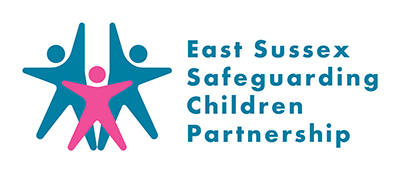Private Fostering
ESSCP Private Fostering Poster – January2021
Private fostering is when a child under the age of 16 (or 18 if disabled) is looked after for 28 days or more by someone who is not their parent or a relative, and the arrangement was made privately.
Many parents who’ve arranged for someone else to care for their child often don’t realise they have entered into a private fostering arrangement.
Examples of private fostering include:
- children and young people who are sent to this country for education or health care
- a teenager living with a friend’s family because of a break down of the relationships at their home
- children or teenagers on school holiday exchanges
- a child is left with the unmarried partner of their parent because the parent is away for work or another reason
- where children stay with host families during term time so they can attend professional sports coaching or study at language schools
Duty to notify the local authority
There is a duty on parents and carers entering into private fostering arrangements to notify their local authority. As a professional you have a responsibility to safeguard and promote the welfare of the child. You should encourage the carer/parent to notify the local authority. Should you suspect that this has not happened, you should discuss this with the carer/parent, ascertain the wishes and feelings of the child (depending on age and understanding), and request their permission to contact the local authority. If permission from the carer/parent is not given, you should still contact the local authority.
